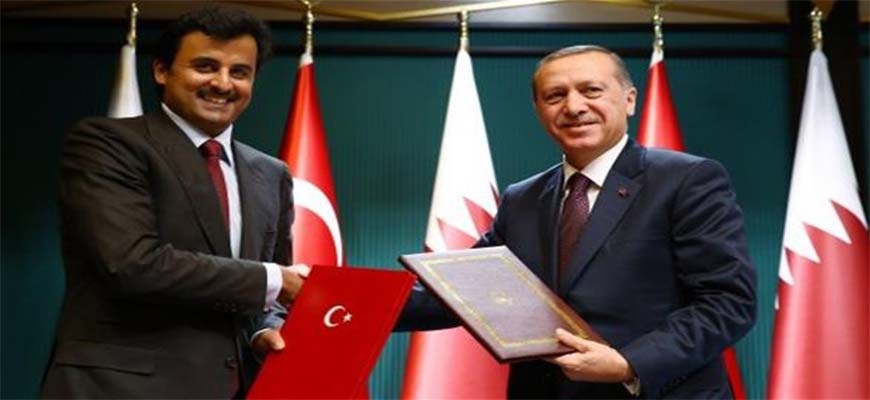
14 May 2015
After mixed news about the fate of Syrian students holding a high school diploma, or who have fled to Turkey before completing their university studies, Turkish Minister of Education announced on Wednesday, about the project of opening an international university, teaches Syrian students in Arabic language on Turkish territory.
Nabi Ouji, the Turkish Minister of Education has revealed the existence of a plan to establish the University teaches in Arabic language in the city of Gaziantep in southern Turkey, in order to accommodate the large numbers of Syrian students.
Where the Turkish minister held a press conference at the office of the Ministry of Education in Turkish capital, Ankara, in which he said «we give a huge importance at this stage to establishment of an international Turkish Qatari university, a step intended to provide a college education for Syrians students».
And about the pre-university education Ouji explained that «municipalities and a number of non-governmental organizations opened schools aimed at providing educational services in shelters», pointing out that «the curriculum also includes lessons in the Turkish language an average of five hours a week».
Turkish minister explained that the «Syrian students who have completed the study of high school, desperate for seats study at universities, and that the Turkish government has worked on the allocation of additional seats to the Syrians in the universities, so those seats do not affect the numbers of Turkish students», pointing out that «Turkish opposition exploited Syrian students file, and published rumours that the Turkish government is working on the teaching of Syrian students in its universities, while the Turkish students do not find a place for them in their universities».
Statistics indicate that there are thousands of young Syrians who are in university education on Turkish territory, and most of them engaged in different fields of work, and stayed away from education to secure the needs of living for themselves and their families displaced.

 عربي
عربي